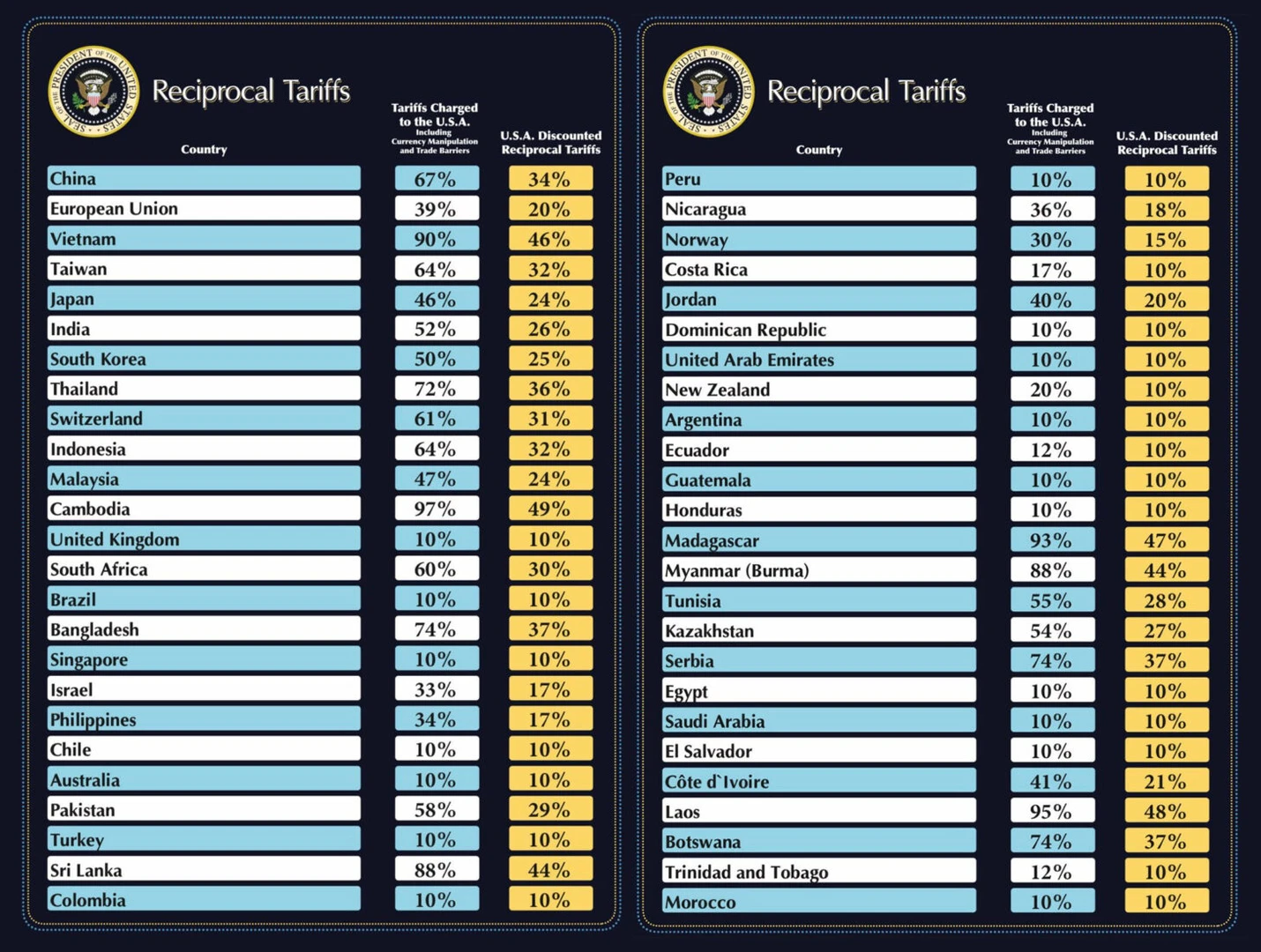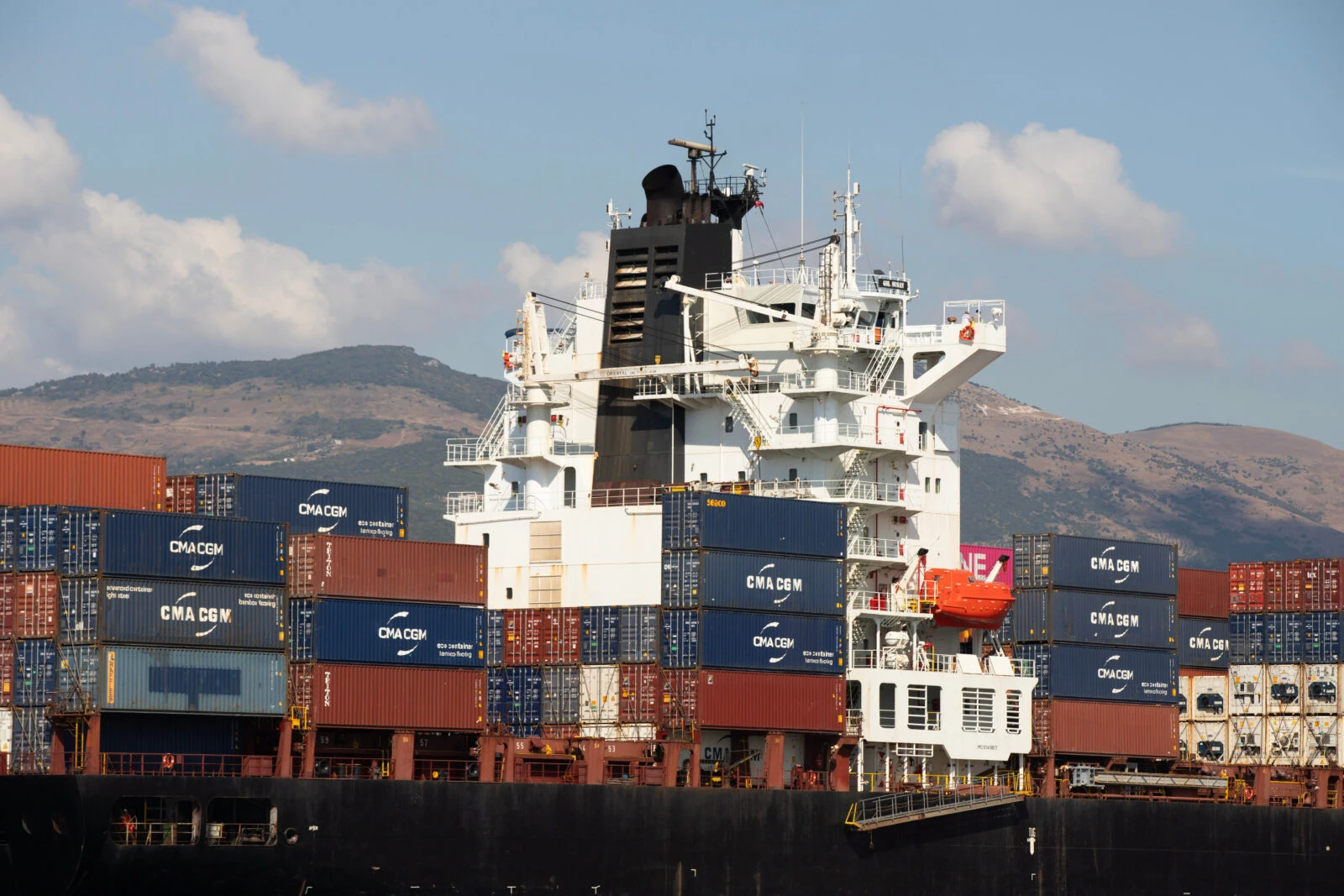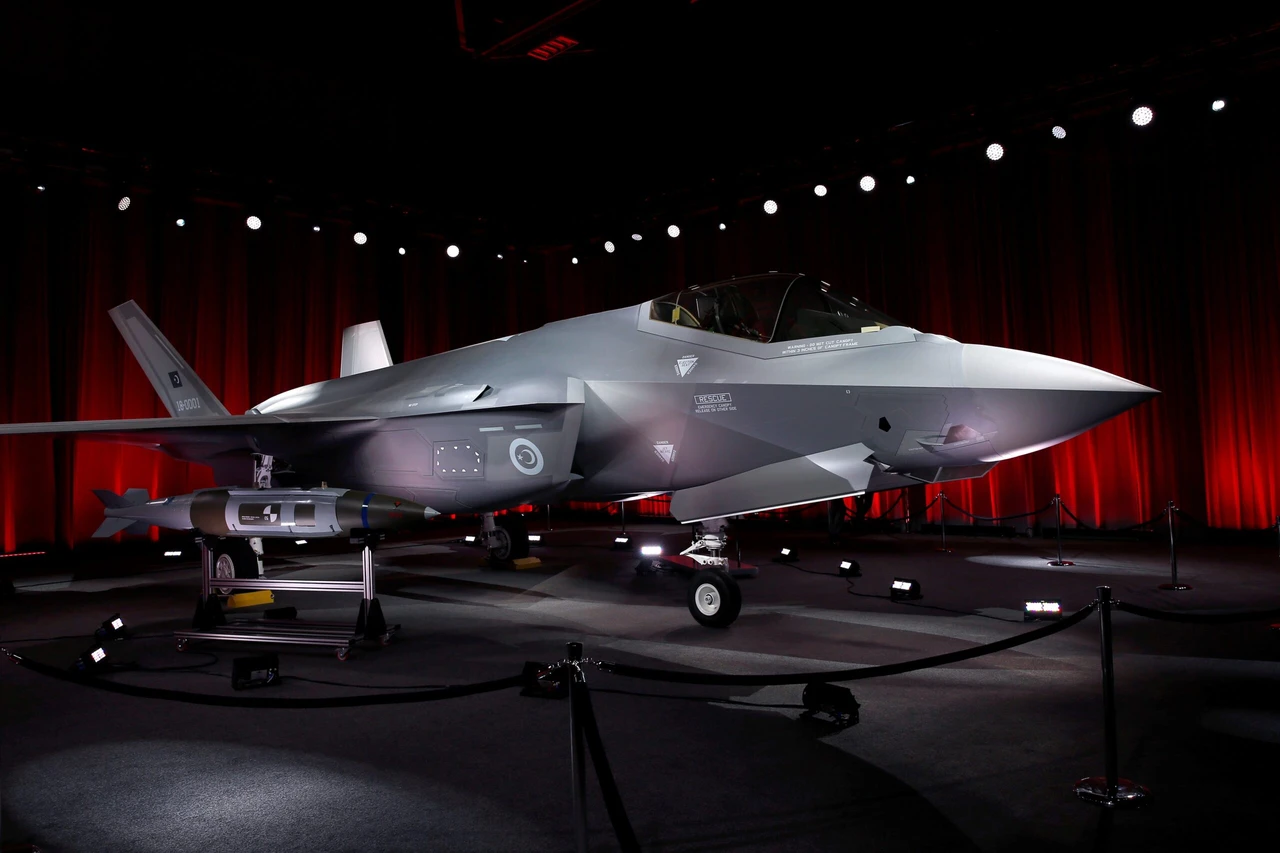Türkiye-US trade balance shields Turks from harsh Trump tariffs
 Container cranes operate at Mersin Port in Türkiye, on Dec. 2, 2022. (Adobe Stock Photo)
Container cranes operate at Mersin Port in Türkiye, on Dec. 2, 2022. (Adobe Stock Photo)
Türkiye has emerged as one of the countries least affected by U.S. President Donald Trump’s new tariff regime unveiled on Thursday, as the levies imposed remain at the base rate of 10%, thanks to the country’s balanced bilateral trade volume.
Trump’s tariff model significantly departs from traditional customs duty calculations. Instead of standard trade protection formulas, the administration adopted a method based on the ratio of a country’s trade surplus with the United States to the value of U.S. imports from that country. The approach effectively defines a trade surplus as an “unfair advantage,” applying tariffs proportionally to the imbalance.
For instance, the 34% tariff rate on China was derived from dividing the U.S. trade deficit of $295.4 billion by total imports of $438.9 billion—yielding a 67% imbalance. Similarly, Vietnam’s $123.5 billion surplus on $136.6 billion in exports resulted in a 90% rate. The European Union faced a 39% tariff, India 52%, and Indonesia 64%.

However, Trump stated that reciprocal tariffs would be implemented at nearly half the originally calculated rate, based on the same methodology.
Türkiye’s soft trade surplus with US
According to the International Trade Centre (ITC), Türkiye consistently ran a trade deficit with the United States between 2005 and 2020. However, since 2021, the trade relationship has become more balanced, with Türkiye occasionally posting a surplus.
In 2024, Türkiye recorded a trade surplus of $121 million with the United States, exporting goods worth $16.4 billion and importing $16.2 billion.
Key Turkish export sectors included machinery, mechanical appliances, precious stones and metals, automotive products, carpets, other textile floor coverings, lime, cement, and electrical equipment. On the import side, notable categories were mineral fuels and oils, iron and steel, machinery, organic chemicals, and plastics.
Türkiye ran a trade surplus in 65 of the 97 product categories classified under the international harmonized system while registering deficits in 32 categories, thus posting a trade surplus in three out of the five years between 2020 and 2024.
The largest surplus was recorded in “carpets and other textile floor coverings,” amounting to approximately $820 million. This was followed by $811 million in “precious or semi-precious stones, metals, imitation jewelry, and coins,” and $675 million in “arms and ammunition and their parts.”
The highest deficit was seen in “iron and steel,” at $1.8 billion, followed by “organic chemical products” at $1.1 billion, and “pharmaceutical products” at $1 billion.

‘Türkiye has significant competitive potential’
Mustafa Gultepe, president of the Turkish Exporters Assembly (TIM), told business-focused cnbc-e.com that Türkiye was among the countries subject to the lowest tariffs and noted that a new chapter in global economic relations was opening.
Following the joint goal of increasing bilateral trade volume to $100 billion, a more balanced commercial outlook between Türkiye and the U.S. has taken shape, Gultepe said. He also suggested that Türkiye might pursue diplomatic efforts to remove tariffs altogether.
“We can raise this issue during the meetings scheduled for May,” he said. “If we can make some progress in improving our competitiveness, I believe there is tremendous potential for us. We could reach our 2028 target of $375 billion in exports.”
However, he also cautioned that the new U.S. tariff policy may hamper growth in major markets, particularly in the EU and China. “Therefore, we expect a slowdown in global trade and economic growth,” he added.
Outside EU Customs Union
Despite participating in the EU Customs Union for over 30 years, Türkiye is not automatically included in the free trade agreements the EU signs with third countries.
Challenges within the Customs Union framework include road transport quotas imposed on Turkish trucks and Türkiye’s limited role in the EU’s consultation and decision-making processes.
Seref Fayat, chair of the Ready-to-Wear and Apparel Industry Council at the Union of Chambers and Commodity Exchanges of Türkiye (TOBB), noted that Türkiye is insulated from new tariffs affecting EU-linked agreements due to its non-party status in many of those deals. However, concerns persist over whether Trump might respond to companies rerouting exports through countries with lower tariffs.
Seeking removal of ‘lesser of two evils’ tariffs
Meanwhile, commenting on the tariffs Friday morning, Turkish Trade Minister Omer Bolat described Trump’s reciprocal tariffs as “the lesser of two evils” for Türkiye, noting that the country is among those facing the lowest additional levies.
In the coming period, Türkiye will intensify its trade activities with the United States and adapt to the new trade landscape shaped by tariffs by making the right strategic assessments. Within the framework of a ‘win-win’ principle, we will work to strengthen cooperation,” he said.
“We will also increase our diplomatic engagements and take steps to facilitate and reinforce this process on a sector-by-sector basis.”
Bolat added that Türkiye will continue to work toward the $100 billion bilateral trade volume target set during President Recep Tayyip Erdogan’s and President Donald Trump’s first term in office.



